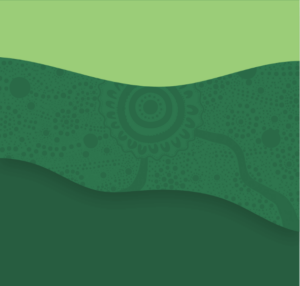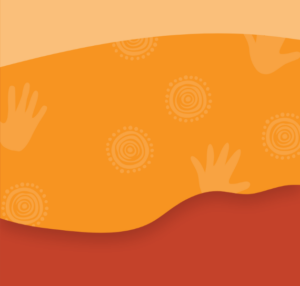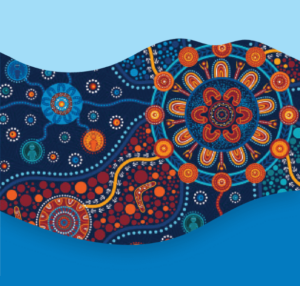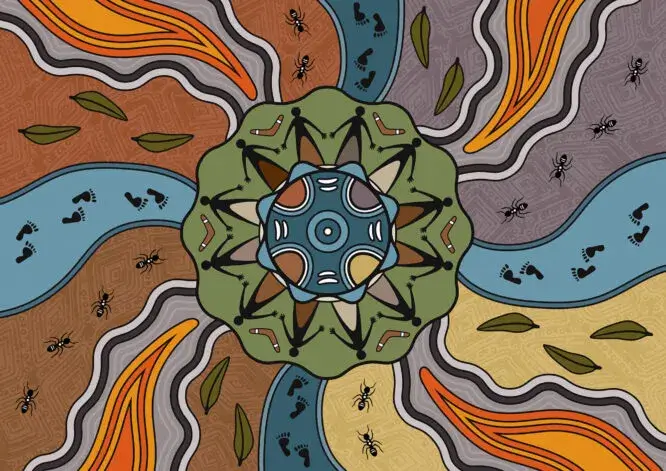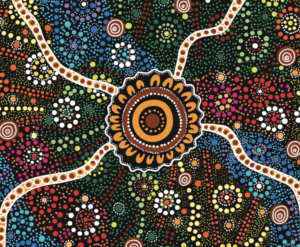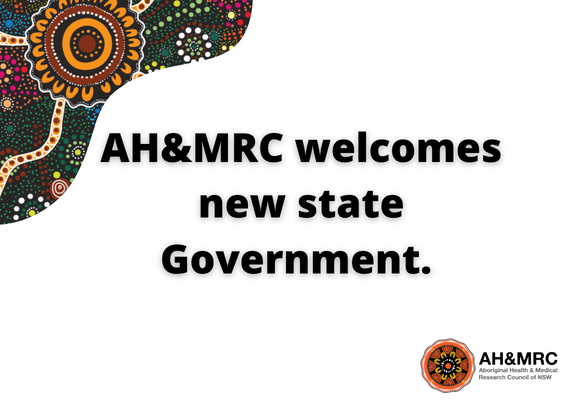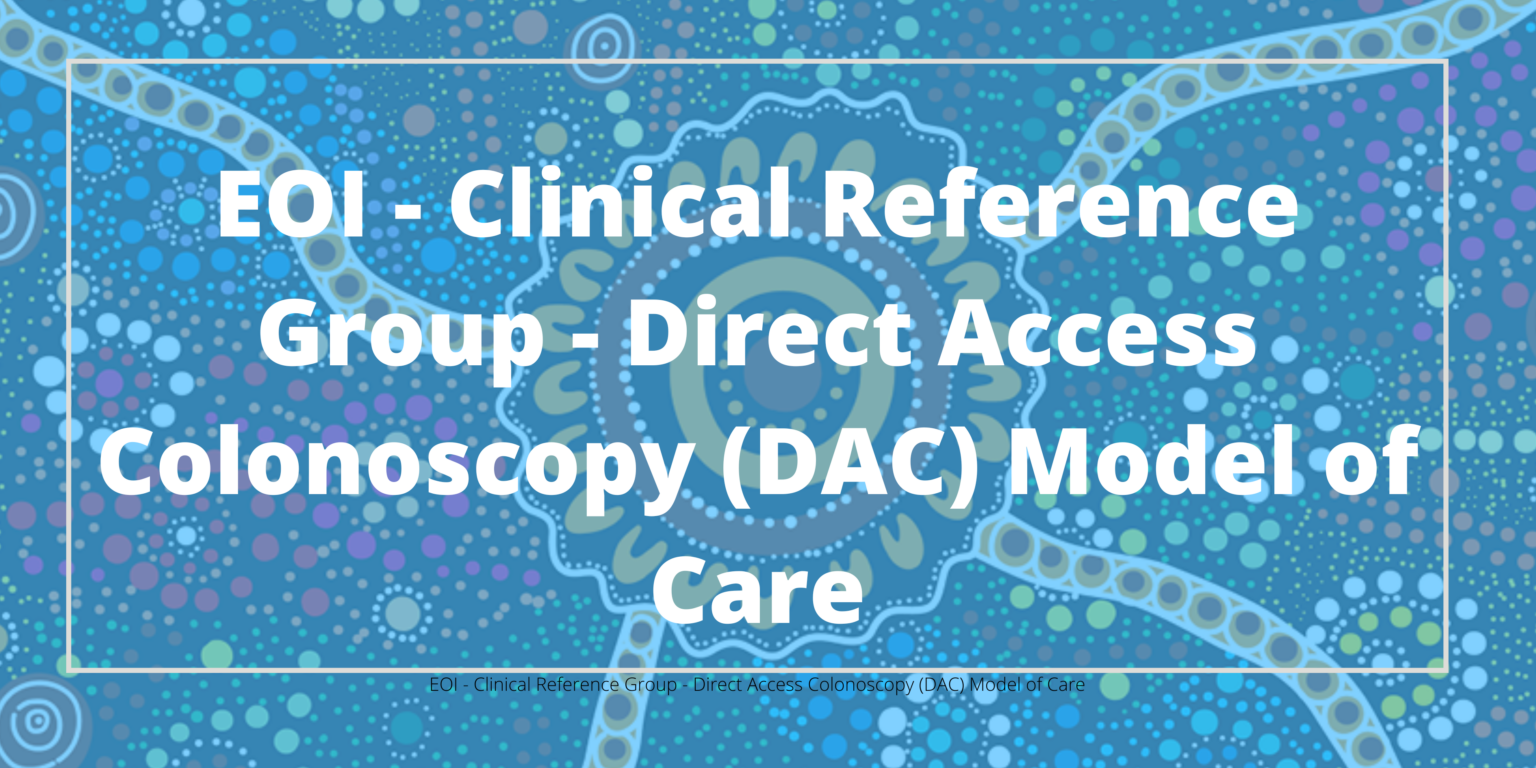The Aboriginal Health and Medical Research Council of NSW (AH&MRC) would like to congratulate the Minns Government on the recent state election. We look forward to working with the NSW premier who has shown an interest in Aboriginal Affairs, specifically health.
‘’The AH&MRC have worked extensively to ensure that our relationships with elected parties does not compromise the work that already exists and that is coming to fruition. We look forward to continuing to maintain this relationship and working alongside the Minns government in ensuring health equity outcomes for Aboriginal and Torres Strait Islander people remains a priority’’ – Robert Skeen, AH&MRC CEO
AH&MRC Priorities
The AH&MRC would like to put forth the following priorities to be considered for the incoming government:
Priority: Workforce Shortages in the ACCHO Sector
The Aboriginal Community Controlled Healthcare sector is facing significant workforce shortages, particularly with GPs. The ACCHO sector needs a sustainable workforce to not only meet routine clinical needs for clients but needs to have the capacity to surge as required.
We would like to see commitments to:
- Increased support for training and upskilling initiatives for the Aboriginal health workforce with a focus on expanding pathways not only to nursing, but also specialist and allied health professions.
- Supporting shared workforce models between NSW Health and the ACCHO sector, particularly GPs and other specialists.
- Increased investment into Aboriginal health, with the community-controlled sector at the centre of service delivery as committed to under the NSW Partnership on Closing the Gap.
- Commitment to support ACCHSs with competitive salaries of key workforce, such as GPs and dentists etc.
- Acknowledgement of the scope of practice that Aboriginal Health Practitioners have within the health sectored
- Review of the Aboriginal and Torres Strait Islander health worker and practitioner award2020
Priority: Equitable funding for community-controlled health services
Funding for the ACCHO sector comes from a combination of sources. At present, funding for ACCHOs is fragmented, unstable and inadequate. ACCHOs are the preferred primary care provider for Aboriginal people and while the demand for their services continues to grow, funding has not kept up.
We would like to see commitments to:
- Flexible, needs-based, and long-term funding models, based on the principles of self-determination.
- Greater efforts towards co-design processes that allow communities to determine their priorities and what success looks like.
- Further commitment into Medicare reform in collaboration with services that it ultimately benefits and impacts.
Priority: Investing in Aboriginal Health, Infrastructure
Aboriginal people do not have adequate access to culturally safe health services, particularly in rural and remote areas. ACCHOS are therefore limited in the services that they can provide due to lack of resourcing and infrastructure.
We would like to see commitments to:
- Increased investment into Aboriginal health infrastructure, with a focus on supporting ACCHOs to enhance and expand their services.
- Additional support for Aboriginal health services still working to rebuild from recent natural disasters, particularly in Northern NSW.
Priority: Supporting Aboriginal governance across the health system.
There is significant under-representation of Aboriginal people in decision-making roles across the health system and government more broadly.
We would like to see commitments to:
- Support for Aboriginal people to participate in governance structures across the health system.
- Where there are Aboriginal funds directed into services, ensure governance structures are represented with Aboriginal people.
- Greater representation of Aboriginal people in senior decision-making roles across the system.
Priority: Investing in holistic, multi-disciplinary models of care
We know that many Aboriginal people are not receiving care until it’s too late. This is primarily due to the barriers that prevent access to timely, community-based, holistic, and culturally safe health services. We also know that Aboriginal people are best placed to provide care, with models of care that focus on multi-disciplinary, culturally informed interventions.
We would like to see commitments to:
- Greater investment into community-based, early intervention and prevention services for Aboriginal and Torres Strait Islander people. This should include investment in community-controlled models of care.
Priority: A strengthened commitment to Closing the Gap.
The New South Wales government has made a commitment to support the implementation of the National Agreement on Closing the Gap, working in partnership with the NSW Coalition of Aboriginal Peak Organizations (NSW CAPO) and other Aboriginal stakeholders. As a member of this,
We would like to see commitment to:
- A renewed commitment to the NSW Partnership Agreement on Closing the Gap.
- Continued investment for Closing the Gap, with a focus on sustained, direct investment into the community-controlled sector and ongoing funding for initiatives developed under the 2022-23 Budget.
Contact
